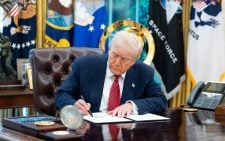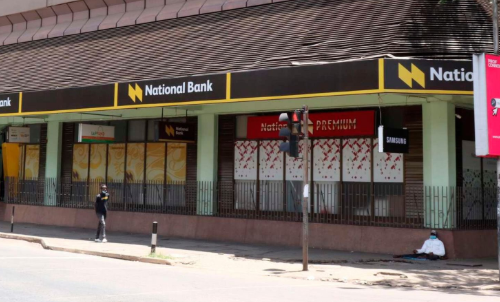Kenya’s February new car sales dip by 17pc

Kenya’s industry’s woes under the weight of supply problems from the Russian invasion of Ukraine appear to be far from over and are continuing into 2023. Figures by Kenya Motor Industry Association (KMIA) show car sales in fell by 17 per cent year–on–year in February. The industry sold a total of 1,689 units by the end of February, 295 units less than it managed in a similar period last year.
The association attributed the low retail sales numbers to a difficult two-month period in which the sector has borne the brunt of the lingering European war which broke in February 2022, causing supply chain bottlenecks and driving up costs for everything from labor to raw materials.
Retail sales of new vehicles also fell by 22.5 per cent to 793 units in the first month of the year from 1,023 units sold in the same period last year, in what has been a worrying start to 2023.
But industry experts are voicing buoyancy despite the low numbers and are confident that the situation will mend on political stability, availability of credit by banks, and other financial institutions, as well as improving economic macro indicators. “We are expecting the market to grow by 15 per cent this year. However, challenges still linger such as the exchange rate depreciation as well as production constraints which are low, but we are optimistic for the year,” Managing Director of CFAO Motors – formerly Toyota Kenya Ltd, Arvinder Reel in a telephone interview with Business Hub.
Macroeconomic indicators like the gross domestic product (GDP) – a monetary measure of the market value of all the final goods and services produced and sold in a specific time period, are statistics or data readings that reflect the economic circumstances of a country or sector.
They are used by analysts and governments to assess the current and future health of the economy and financial markets. Other factors like interest rates, unemployment rates, disposable income, and exchange rates ordinarily affect the growth and performance of the automotive industry.
And so, during a slump, auto sales typically fall, often significantly and many buyers tend to back out of the market until the economy recovers.
Imported commodities
That is what Dinesh Kotecha – the CEO of auto dealer Simba Corporation expects to happen in the second quarter (Q2) of the year when fiscal cogency is anticipated. The weakening of the shilling against the US dollar has put further strain on the cost of imported commodities as shipping lines increase ferrying expenses. That waning trend wheeled at Sh131.55 against the dollar Monday morning.
Kenya’s currency fell the most in seven years and its benchmark stock index became Africa’s worst performer in 2022 after Russia’s war in Ukraine raised import costs and fueled inflation. The overall year-on-year inflation rate as measured by the Consumer Price Index (CPI) accelerated to 9.2 per cent last month from 9.0 per cent in January, above market forecasts of 8.8 per cent and the central bank’s preferred range of 2.5 per cent to 7.5 per cent, according to the Kenya National Bureau of Statistics.
Similar challenges have also been seen in prices of used vehicles or second-hand cars commonly known as ‘mitumba’ with popular brands like Vitz, and Subaru among other models all increasing prices by hundreds of thousands of shillings on scarcity and weakening the local currency.
Because Kenya’s oil and fuel importers use US dollars to buy fuel, the forex shortage has had a direct impact on the country’s fuel supplies, and by extension, the country’s supply chain. But it has also impacted essential imports such as medicine and food as well as car parts.
President William Ruto last week, however, stated that the government had taken measures to ensure dollar availability in the near future. “For the people who work numbers, I am giving you free advice that those of you who are hoarding dollars, you shortly might go into losses,” warned Ruto.












